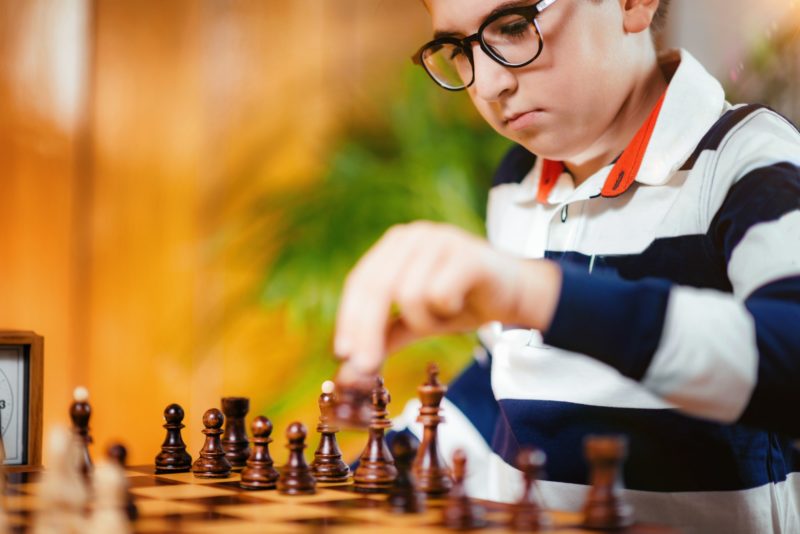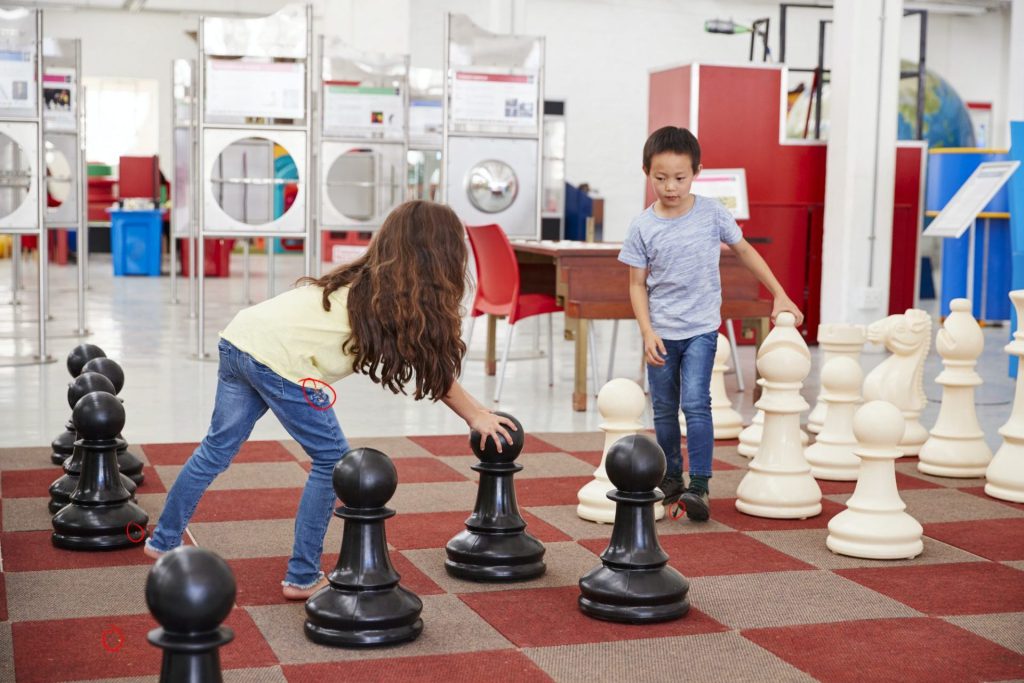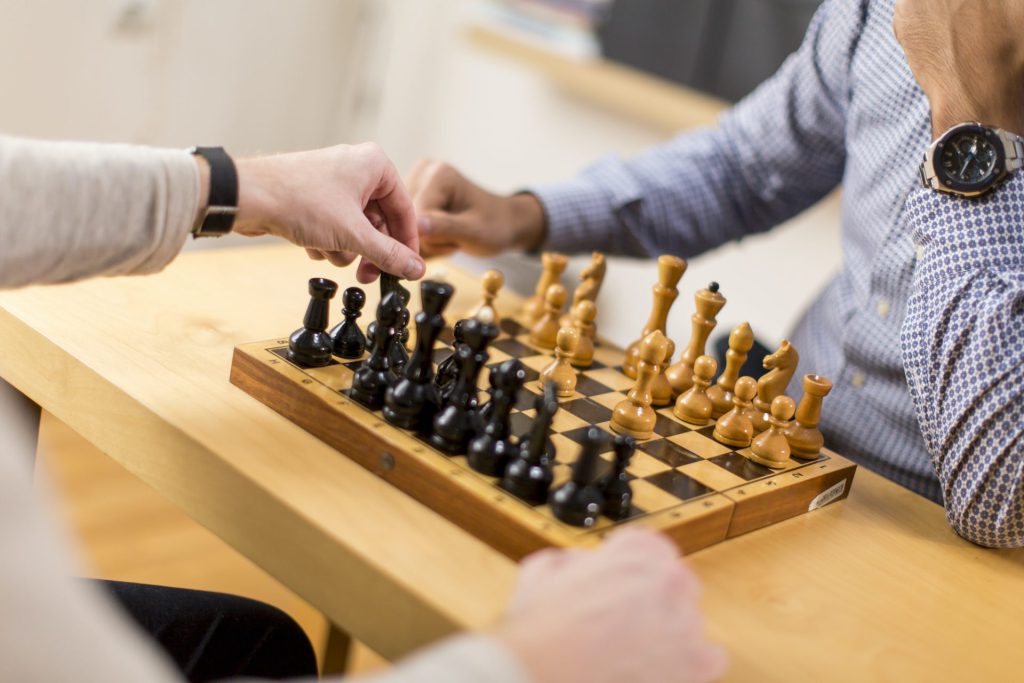The Benefits of Learning Chess at a Young Age
Bhagyesh Sadhu
July 14, 2024

Introduction
Chess is more than just a game; it’s a tool for cognitive development and strategic thinking. Introducing children to chess at a young age can have numerous benefits that extend beyond the board.
Cognitive Development
Chess enhances problem-solving skills and critical thinking. Young players learn to anticipate their opponent’s moves and strategize several steps ahead, which boosts their ability to think logically and make decisions under pressure.


Academic Improvement
Studies have shown that children who play chess regularly perform better in school. The game improves concentration, memory, and analytical skills, which are crucial for academic success.
Emotional Growth
Chess teaches patience, discipline, and sportsmanship. Young players learn to cope with winning and losing, helping them develop emotional resilience and a positive attitude toward challenges.
Social Skills
Playing chess helps children build relationships and improve their social interactions. Chess clubs and tournaments provide opportunities to meet peers with similar interests and develop friendships.
Conclusion
Enrolling your child in a chess academy can provide lifelong benefits. From cognitive development to social skills, the advantages of learning chess are numerous and far-reaching.
